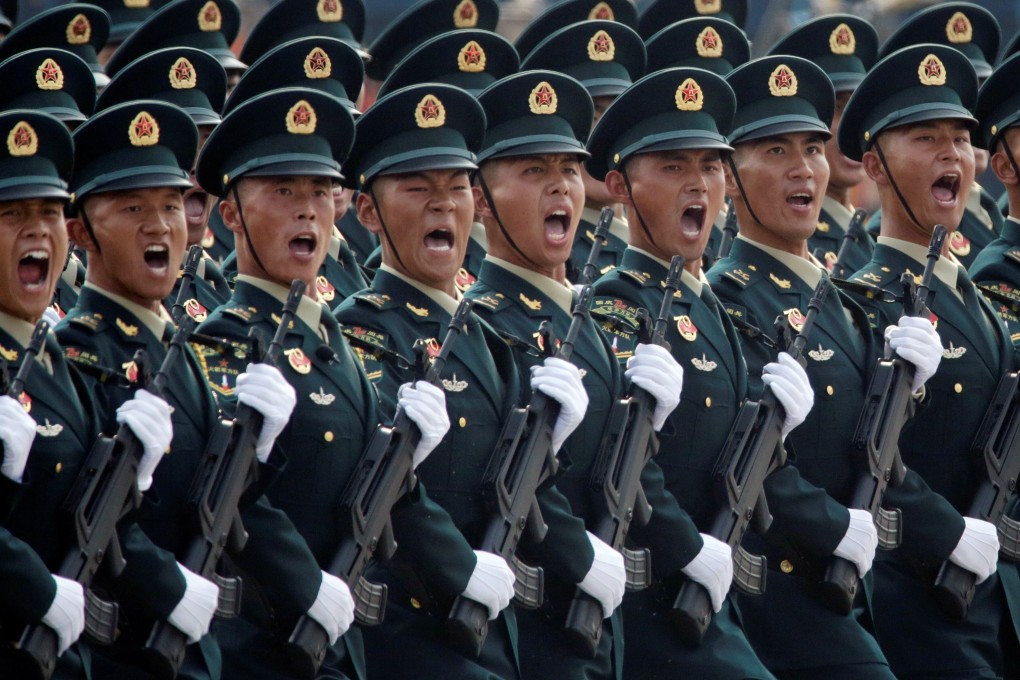Advertisement
‘China’s military must spend more’ to meet US war threat
- The second in command of the armed forces says the country must prepare for the ‘Thucydides trap’
- Comments highlight pessimism about relations with the United States
Reading Time:3 minutes
Why you can trust SCMP
42

China must increase military spending to prepare for a war with a dominant power, according to the country’s top general, raising the spectre of armed conflict with the United States.
General Xu Qiliang, second in command of the armed forces after President Xi Jinping, said the spending was necessary to prepare the country for the “Thucydides trap”, the idea that conflict is inevitable when one power rises to displace a great one.
“In the face of the Thucydides trap and border problems, the military must speed up increasing its capacity,” said Xu, who is also one of the 25 members of the Politburo, the Communist Party’s inner circle.
Advertisement
“[We] must make breakthroughs in combat methods and ability, and lay a sound foundation for military modernisation.”
He said China was already rising in economic power, saying the country’s GDP was equivalent to more than 70 per cent of the US’ economy. “This means we are already standing on the key position of a new chapter towards strength,” he said.
Xu gave his assessment on Friday in a group discussion alongside the annual gathering of China’s National People’s Congress, according to official reports made available to journalists registered at the event.
Advertisement
Select Voice
Select Speed
1.00x